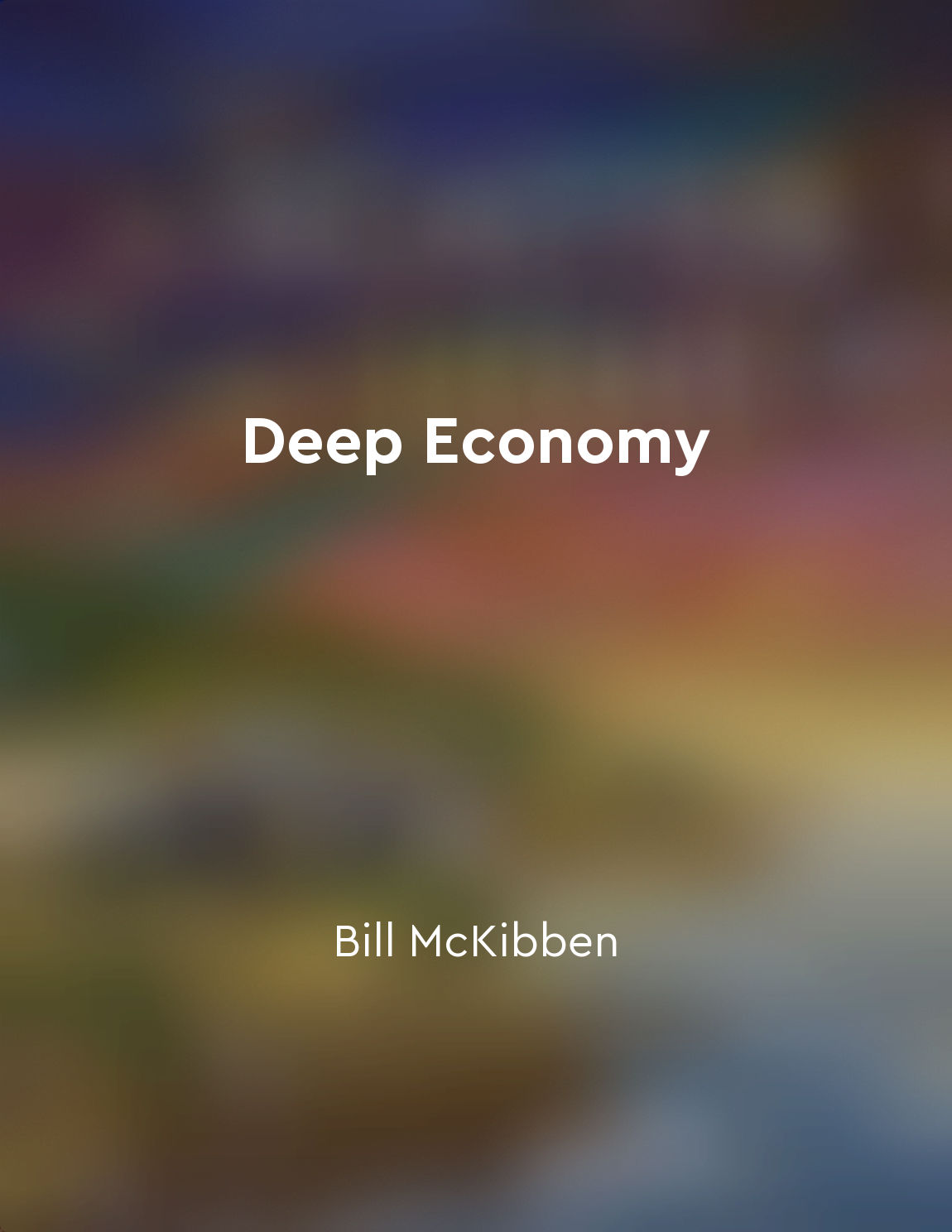South Asia's environmental challenges pose a threat to the region's future from "summary" of South Asia in World History by Marc Jason Gilbert
South Asia is facing significant environmental challenges that have the potential to jeopardize the region's future. The impact of human activities on the environment, such as deforestation, air and water pollution, and climate change, has led to a degradation of the natural resources that are essential for the region's sustenance. The rapid industrialization and urbanization in South Asia have resulted in increased pollution levels, leading to health hazards for the population and the loss of biodiversity. One of the key environmental challenges facing South Asia is deforestation, which has led to a loss of valuable forest cover and wildlife habitats. The clearing of forests for agriculture, urban development, and industrial activities has not only disrupted the ecosystem but has also contributed to soil erosion and loss of biodiversity. Deforestation has also exacerbated climate change by reducing the capacity of forests to absorb carbon dioxide, leading to an increase in greenhouse gas emissions. Air and water pollution are other pressing environmental challenges in South Asia. The rapid industrial growth and the increasing number of vehicles on the roads have resulted in high levels of air pollution in major cities, leading to respiratory diseases and other health problems. Water pollution is also a significant issue, with untreated sewage and industrial waste being discharged into rivers and lakes, contaminating water sources and threatening the health of the population. Climate change is another major environmental challenge that poses a threat to South Asia's future. The region is vulnerable to extreme weather events such as floods, droughts, and cyclones, which have become more frequent and intense due to climate change. These events not only cause loss of life and property but also have a detrimental impact on agriculture, food security, and livelihoods in the region. Addressing these environmental challenges requires collective action and a commitment to sustainable development practices. Governments in South Asia need to prioritize environmental conservation and implement policies that promote the sustainable use of natural resources. Efforts to reduce pollution, conserve forests, and mitigate climate change are essential to safeguarding the region's future and ensuring a healthy environment for future generations.Similar Posts
Social norms regulate behavior within societies
Social norms are unwritten rules that govern behavior within societies. These norms dictate what is considered acceptable or un...

Environmental degradation is a result of unchecked growth
Unchecked growth has been a prevailing force in our society, driving economies and shaping the way we live. However, this unche...
The Green Revolution transformed Indian agriculture
The agricultural landscape of India underwent a profound transformation with the advent of the Green Revolution. This revolutio...

Small changes can make a big impact
The idea that small changes can have a significant impact is a fundamental concept that underlies many environmental initiative...
Economic development in postindependence India
In the early years of independence, India faced numerous challenges on the economic front. The country had been ravaged by year...
Embracing uncertainty in the pursuit of a better future
The idea of moving forward into an uncertain future can be daunting. However, it is precisely this uncertainty that can lead to...
The Earth's cryosphere, which includes glaciers and ice caps, is highly sensitive to changes in temperature and can act as a feedback mechanism for climate change
The Earth's cryosphere, encompassing glaciers and ice caps, plays a critical role in regulating global climate. These icy forma...
South Asia's music and dance traditions are celebrated for their vibrancy and diversity
One of the most notable aspects of South Asia's cultural heritage is its rich and diverse music and dance traditions. These tra...
Political polarization and social unrest
Political polarization and social unrest go hand in hand, creating a volatile environment in society. As people become more div...
Respecting the delicate balance of ecosystems
The delicate balance of ecosystems is a fundamental concept in understanding the natural world. Ecosystems are intricate networ...
